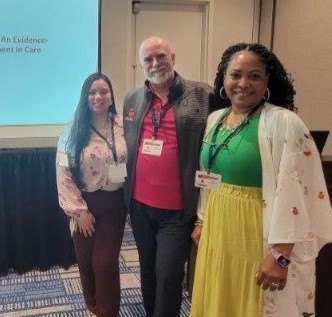
Back in March, we ran this Sneak Peak post announcing that Lance L. Burwell, LIMHP, PC, behavioral therapist at the UNMC SCC, was invited to co-present an ongoing project titled “Bridging HIV Care Gaps through Telehealth: An Evidence-Informed Intervention to Support Engagement in Care” at the 2024 National Conference on Social Work and HIV/AIDS. This is a huge honor, and we congratulate Lance on a fantastic presentation and commitment to a project that has improved care for many SCC patients. Read below for Lance’s recap of the presentation and the impact of this important work.

I attended the 2024 National Conference on Social Work and HIV/AIDS and co-presented with the lead presenter Masil Miranda, MSW, a Program Manager from AIDS United, along with Clover C. Cambell-Woods, MA, PsyD, from Georgia Harm Reduction Coalition. We presented the intervention we have been implementing- “Bridging HIV Care Gaps through Telehealth: An Evidence-Informed Intervention to Support Engagement in Care.”
The goal of Intervention to Telehealth and Text to Improve Engagement in Care (i2TEC) is to increase engagement in HIV care and viral suppression for people with HIV by raising understanding of the intersection between mental health, substance use, and HIV care. The hope is that this intervention will reduce or eliminate barriers to care, such as transportation, stigma, and insecurities related to food, income/finances, and housing, not only by connecting people with resources but also by providing an alternative that allows patients to improve their own engagement in their healthcare. The telehealth option allows patients to participate remotely, thereby minimizing attendance concerns related to transportation and stigma while also increasing patient awareness of how their mental health, substance use, and/or HIV knowledge impacts their treatment, the outcomes, and their overall health, wellness, and life satisfaction.
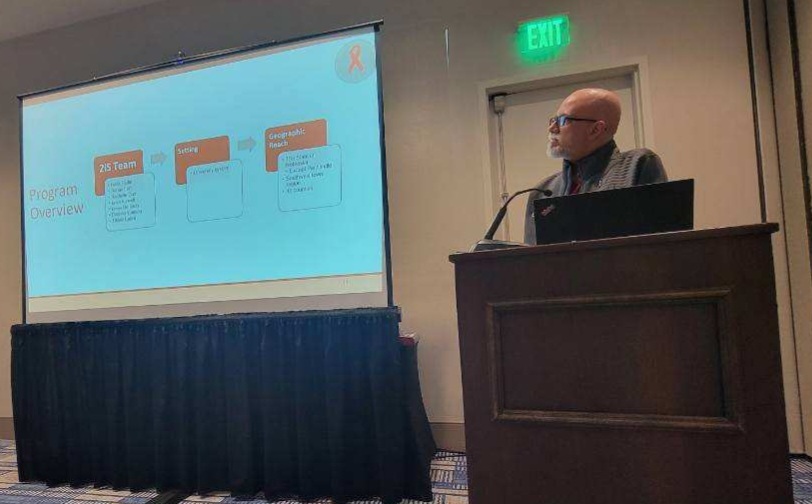
My portion of the presentation provided information on how our site implemented the intervention, the staff involved, the challenges we faced, and the successes we experienced to date. Our site demonstrated that, in spite of typical challenges of patient outreach & enrollment, technology, and sustainability concerns, the implementation was hugely successful. Not only were we able to meet patient enrollment goals and integrate them into the clinic using existing staff and technology, but we also provided resources & referrals to patients who utilized these to further reduce barriers and improve health, wellness, and life satisfaction. More importantly, however, the intervention decreased the stigma associated with mental health counseling as many of those previously hesitant to pursue therapy transitioned into ongoing therapy upon completion of their 12 sessions. Our site experience demonstrates the ease of implementing an intervention in an existing clinic while providing a valuable option for patients that reduces barriers to care. This translates to improved treatment consistency and adherence while also providing needed resources to patients, thereby furthering goals of minimizing transmission and improving patient quality of life.
–Lance L. Burwell, LIMHP, PC
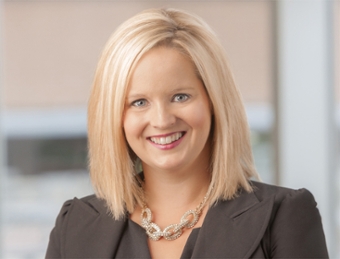

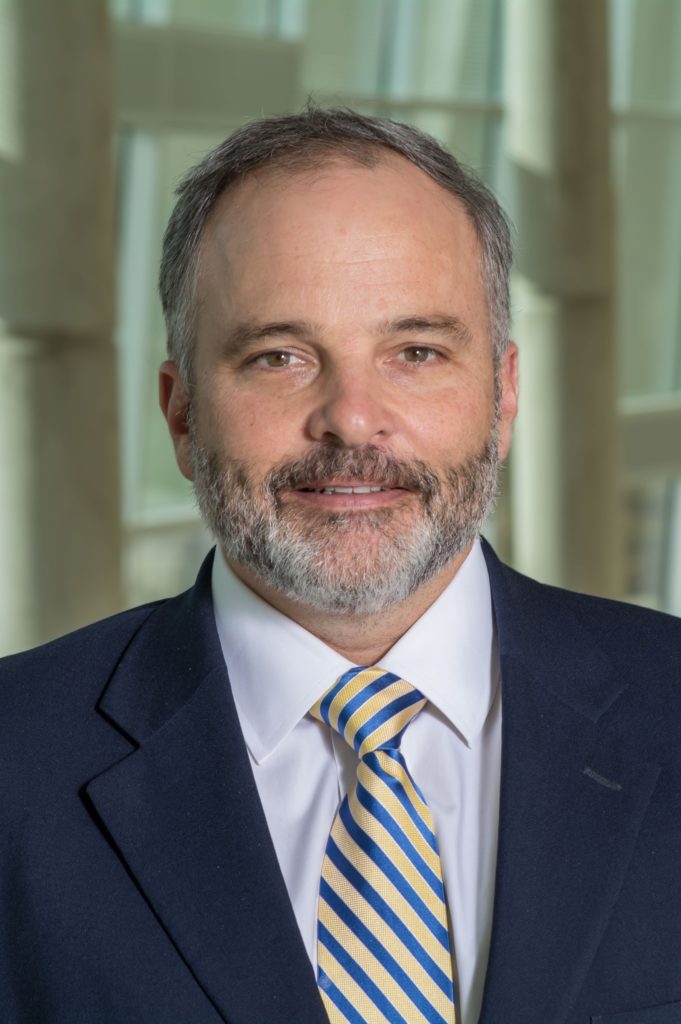
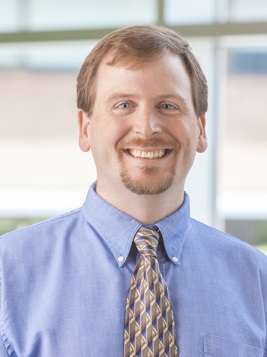


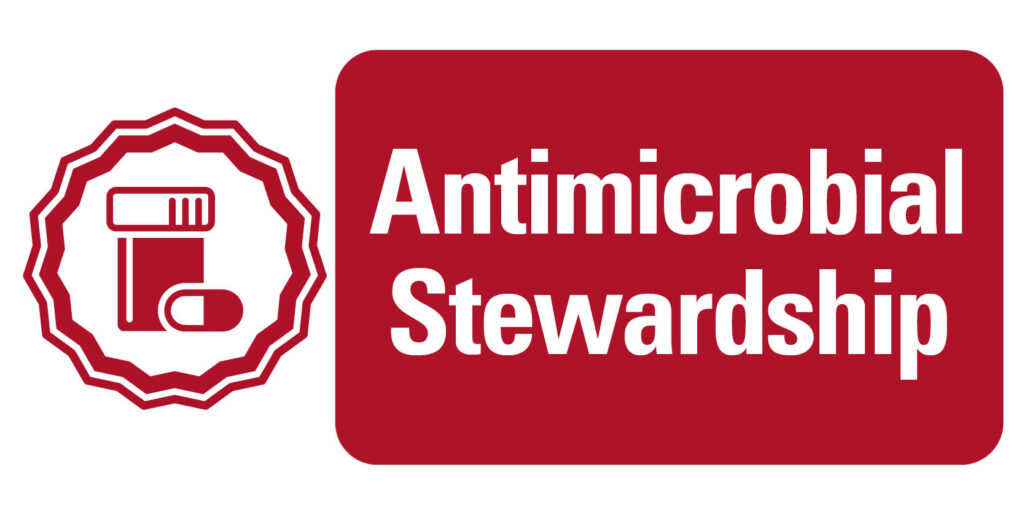


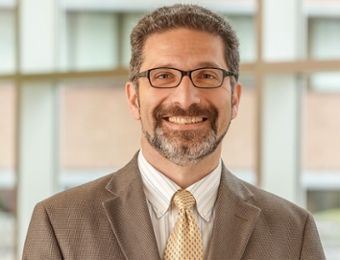


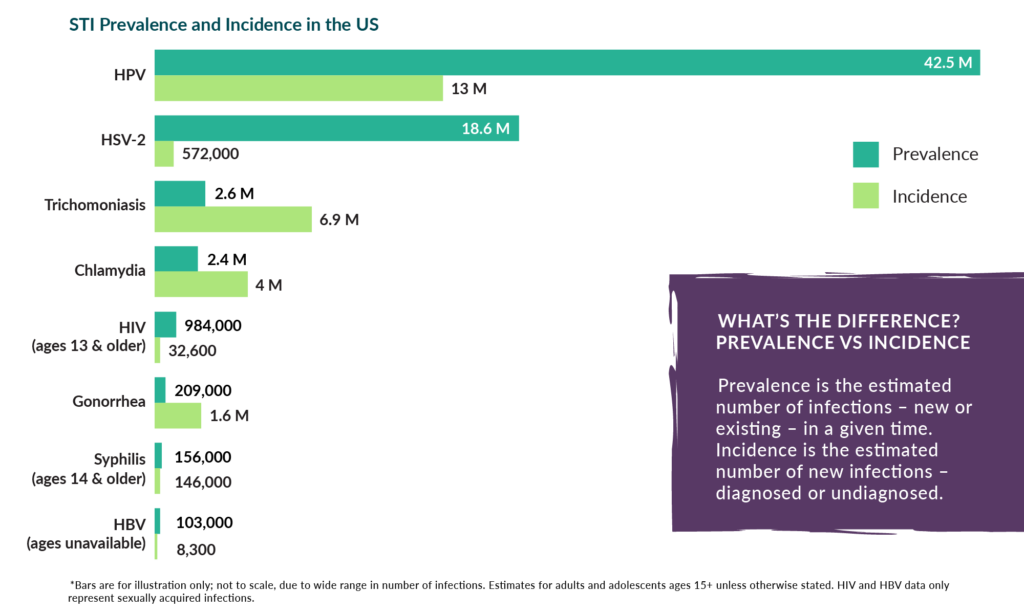

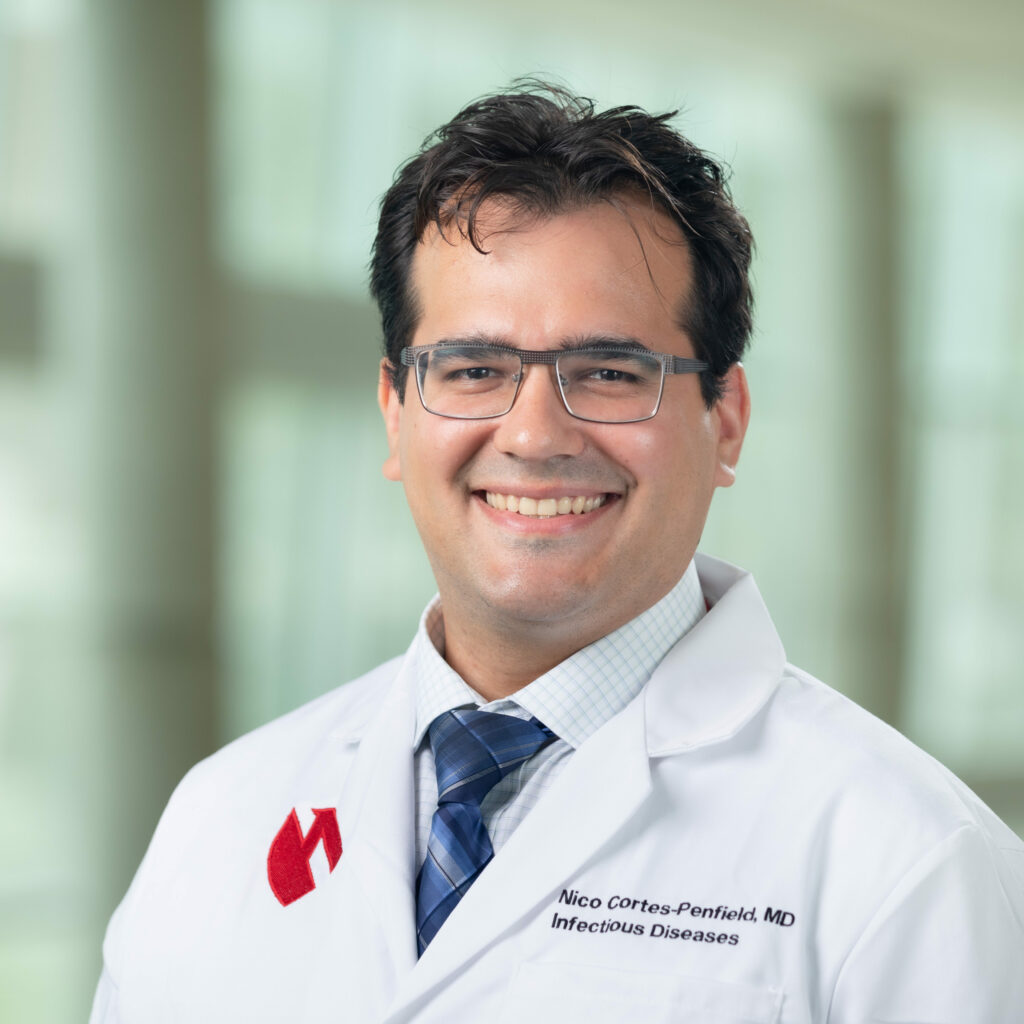
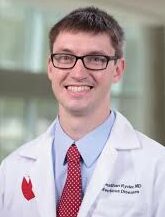
Recent Comments